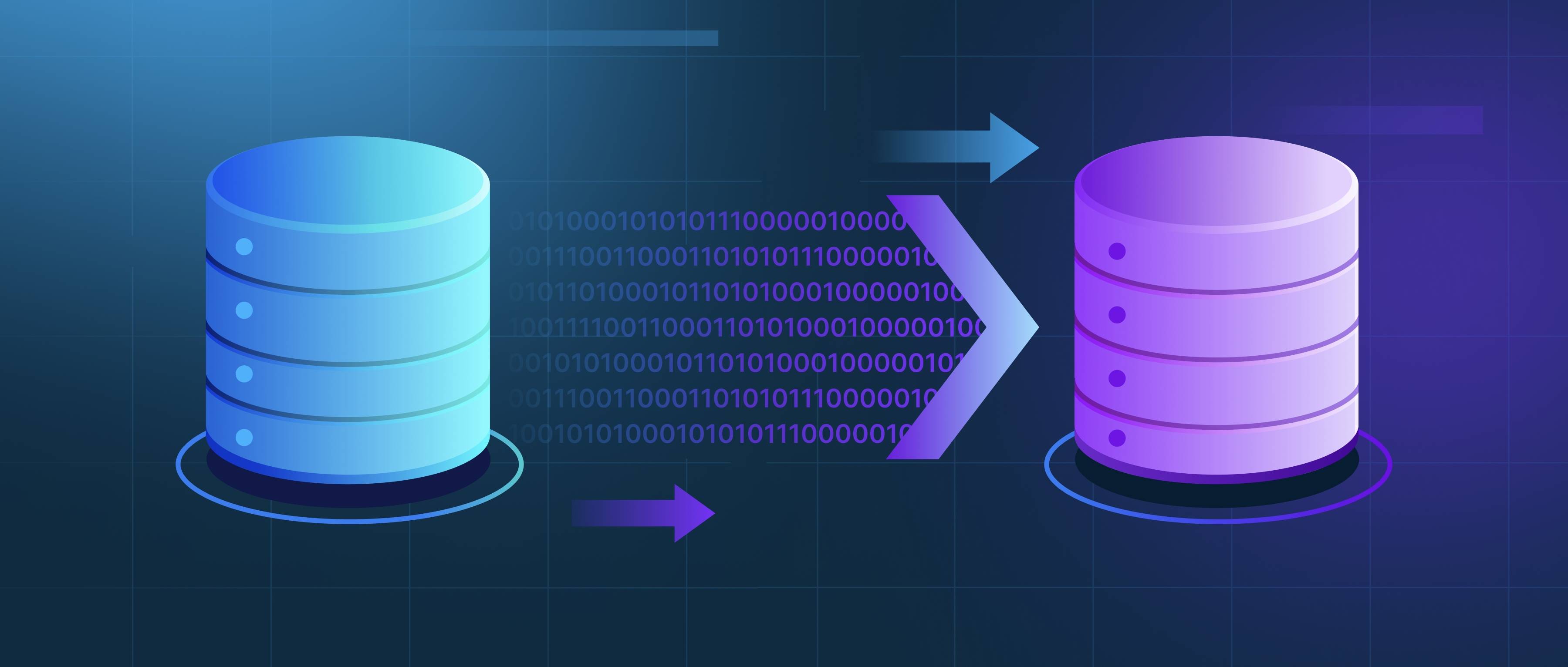Artificial Intelligence (AI) plays a significant role in cloud computing by enhancing performance, improving efficiency, and enabling smarter decision-making. With many businesses moving their operations to the cloud, AI technologies such as machine learning and data analytics help analyze vast amounts of data stored in cloud environments. This means that developers can create applications that learn from user interactions and adapt over time, improving user experience and operational efficiency. For example, cloud-based services like Amazon Web Services (AWS) offer AI tools that help developers integrate intelligent features into their applications, such as predictive analytics or natural language processing.
Moreover, AI helps optimize cloud resource management. Organizations often face the challenge of efficiently allocating and scaling their resources based on demand. With AI algorithms, cloud service providers can automatically adjust resources in real-time, ensuring that applications perform well even during peak usage times. For instance, Google Cloud uses AI for load balancing, predicting traffic patterns, and scaling resources to meet the needs of users without downtime. This automation allows developers to focus on building features instead of managing infrastructure, leading to faster development cycles and more robust applications.
Lastly, AI enhances security in cloud environments. As more data is stored in the cloud, the risk of security breaches increases. AI can continuously monitor network traffic and user behavior to identify irregular patterns that may indicate potential threats. Tools like Microsoft Azure's Security Center utilize AI to detect anomalies and respond swiftly to possible security incidents. By integrating AI-driven security measures, developers can ensure that their applications are better protected against cyber threats, making cloud services more reliable and secure for their users.
